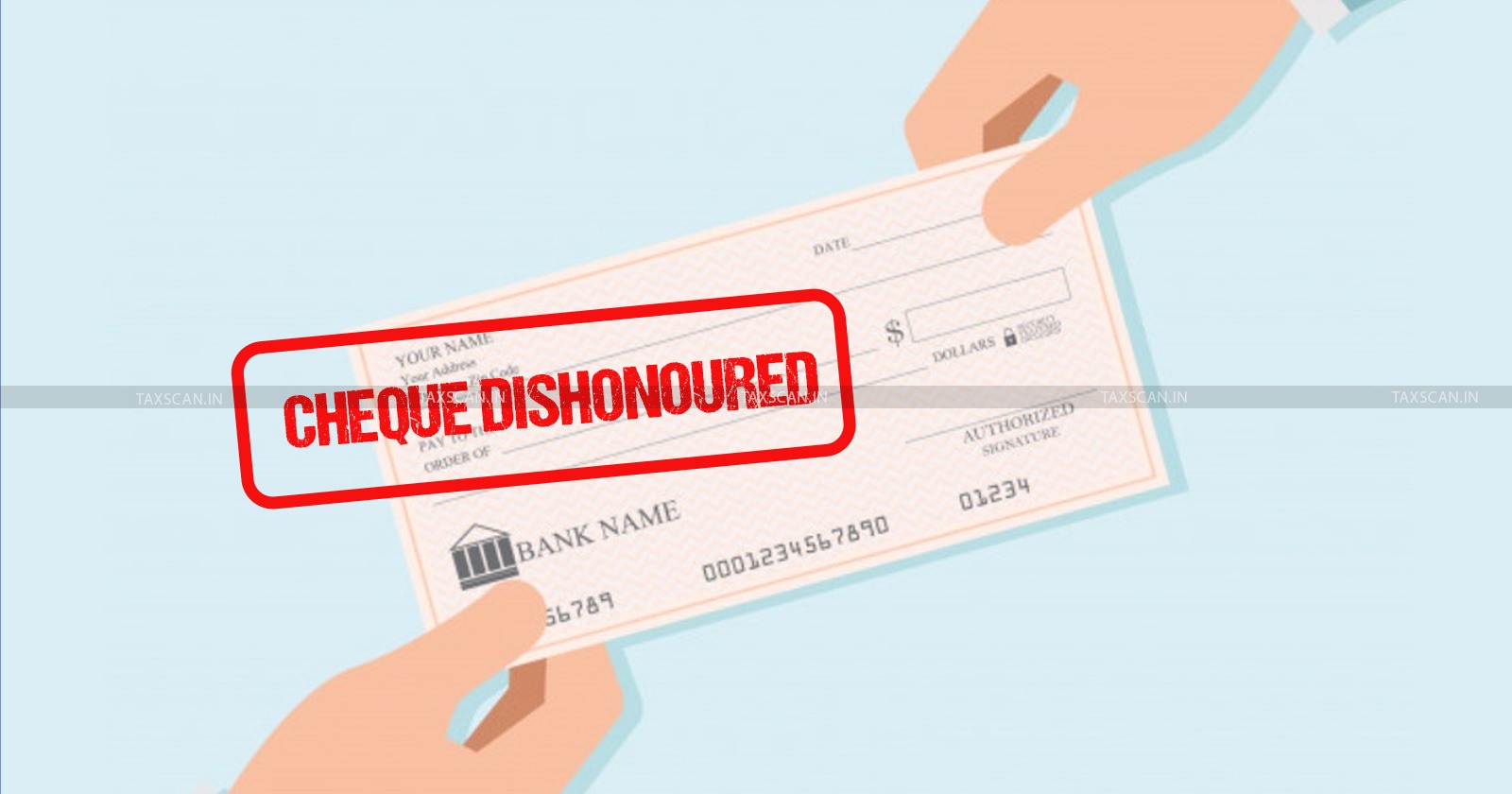Cheques proven for Debt Repayment: Accused Convicted u/s 138 of NI Act for Cheque Dishonor Citing Failure to Rebut Presumption of Debt [Read Order]
The accused failed to rebut the presumption in favor of the complainant.

Delhi Court – JFMC – Delhi Judicial First Class – Magistrate Court – Negotiable Instrument – TAXSCAN
Delhi Court – JFMC – Delhi Judicial First Class – Magistrate Court – Negotiable Instrument – TAXSCAN
The Delhi Judicial First Class Magistrate Court ( JFMC ) convicted the accused under Section 138 of the Negotiable Instruments ( NI ) Act, 1881, for cheque dishonor, citing their failure to rebut the presumption of debt repayment proven by the presented cheques.
The complainant, Zakir Qureshihad a long-standing friendly relationship with the accused. On November 16, 2019, the accused approached the complainant for a friendly loan of Rs. 4, 50,000/-. The complainant provided Rs. 4, 25,000/- in cash and Rs. 25,000/- through NEFT. The accused promised to return the loan by May 16, 2020. To discharge his legal liability, the accused issued two cheques: one bearing number 000004 dated September 20, 2020, for Rs. 2,50,000/-, and another bearing number 000005 dated May 28, 2019, for Rs. 2,00,000/-. Both cheques were drawn on HDFC Bank, Vasant Square Mall, New Delhi.
Ready to Grow? Choose a Course That Fits Your Goals!
After the stipulated time, the complainant requested repayment, but the accused cited the Covid-19 pandemic as an excuse and sought more time. Eventually, the accused allowed the complainant to present the cheques. On July 13, 2020, the complainant presented cheque number 000005 dated May 28, 2019, for Rs. 2,00,000/- and cheque number 000004 dated September 20, 2020, for Rs. 2,50,000/- on October 1, 2020. Both cheques were dishonored with the remarks “Payment Stopped by Drawer” and “Funds Insufficient” respectively. The complainant informed the accused about the dishonored cheques and requested repayment, but the accused refused.
On October 5, 2020, a legal demand notice was served to the accused, who replied through his counsel. The complainant asserts that the accused has failed to make the payment despite the legal notice, thus committing an offense under Section 138 of the Negotiable Instruments Act, 1881.
The complainant's counsel argued that all elements of the offense under Section 138 of the Negotiable Instruments Act, 1881, have been proven. The accused admitted that the cheque in question, Ex. CW-1/1, was from his bank account and bore his signature. This admission, according to the complainant's counsel, raises a presumption that the cheque was issued to discharge a legally enforceable debt.
Ready to Grow? Choose a Course That Fits Your Goals!
The accused failed to raise a probable defense to rebut this presumption, even on the balance of probabilities, as he did not initiate any proceedings against the complainant for alleged misuse of the cheque.
The accused's counsel argued that the complainant never advanced a friendly loan of Rs. 4, 50,000/- but only Rs. 2, 50,000/-, of which Rs. 2, 30,000/- has been repaid, leaving Rs. 20,000/-. The onus to prove the alleged loan transaction lies with the complainant, who did not produce any supporting documents. The defense questioned the credibility of giving Rs. 4, 50,000/- in cash without any documentary proof and argued that the complainant failed to prove his financial capacity to lend such an amount.
The coram of M.s Radha Kulshreshitha noted that the signatures on the cheques were admitted by the accused. The genuineness of the return memo and the receipt of the legal demand notice were also not disputed. The legal demand notice clearly demanded payment of the cheque amount. The records, including the cheque, return memo, and legal demand notice, established that the case was within jurisdiction and within the period of limitation.
For the complainant to prove the case beyond reasonable doubt, all elements of Section 138 had to be independently proven, especially that the cheque was issued to discharge a debt or legal liability. The accused failed to rebut the presumption in favor of the complainant, even on the balance of probabilities. Therefore, the onus did not shift to the complainant to prove the oral cash transaction.
The complainant successfully proved his case according to the law. The accused is found guilty and convicted for the offense under Section 138 of the Negotiable Instruments Act, 1881.
To Read the full text of the Order CLICK HERE
Support our journalism by subscribing to Taxscan premium. Follow us on Telegram for quick updates


